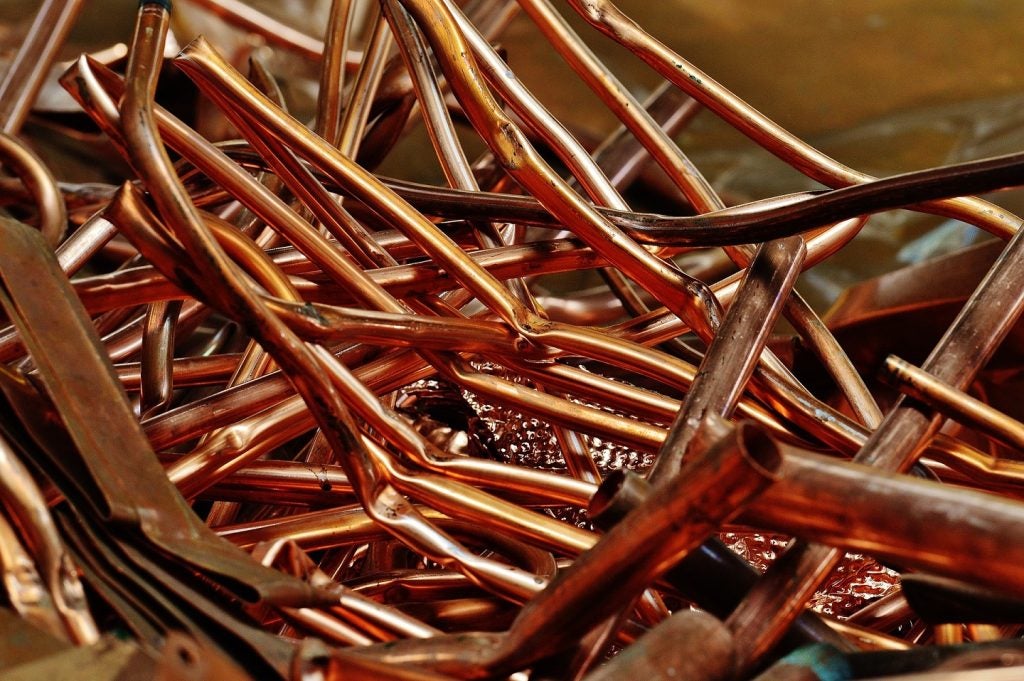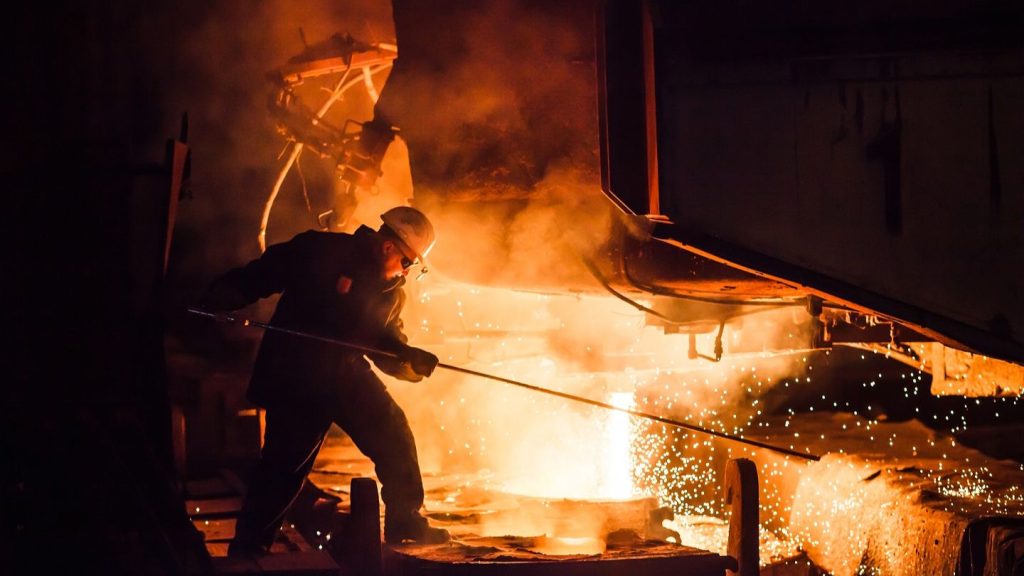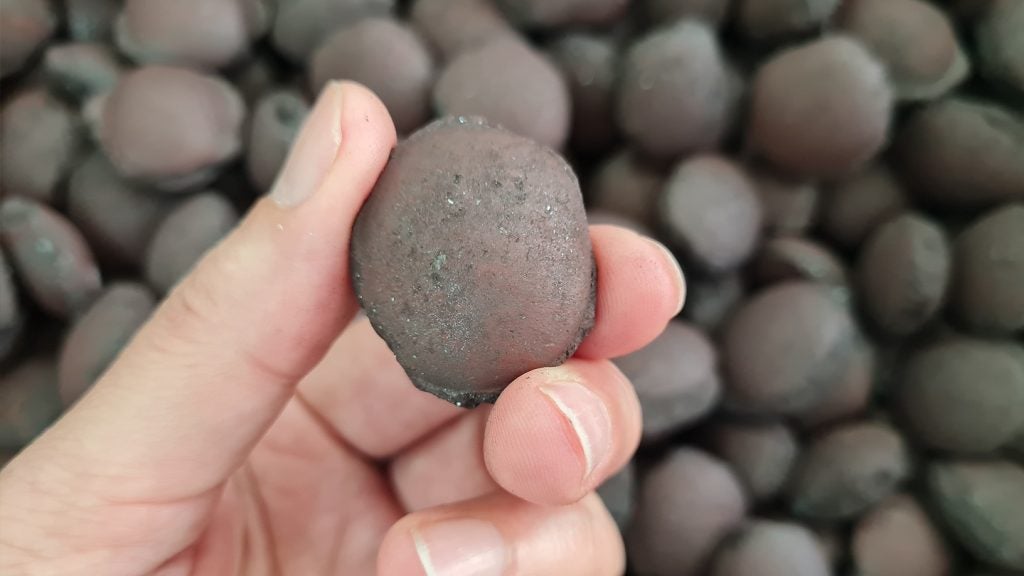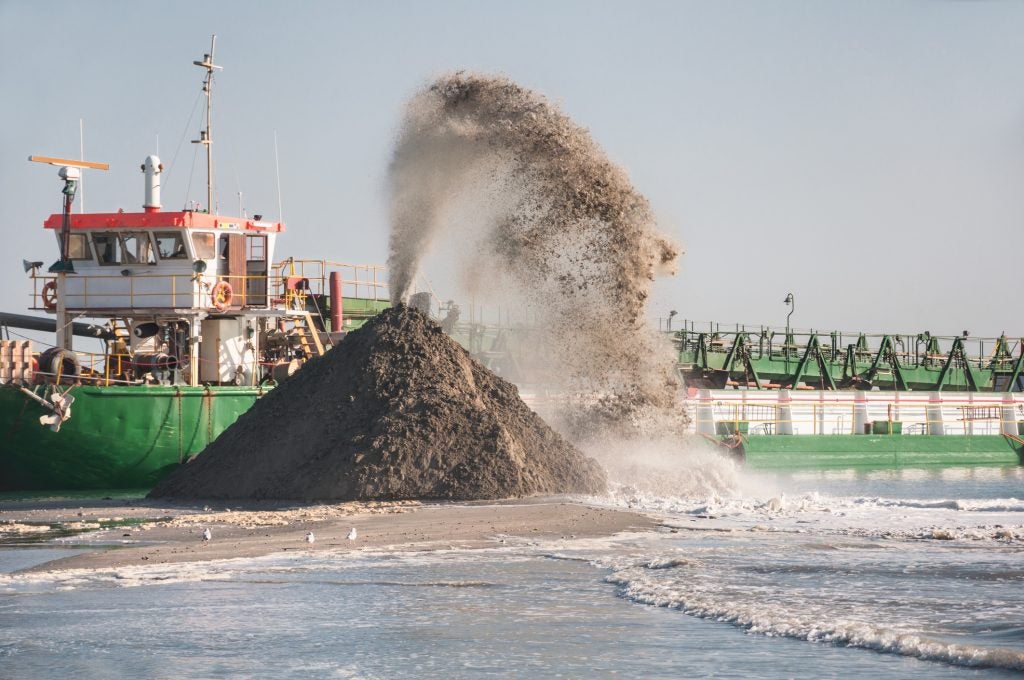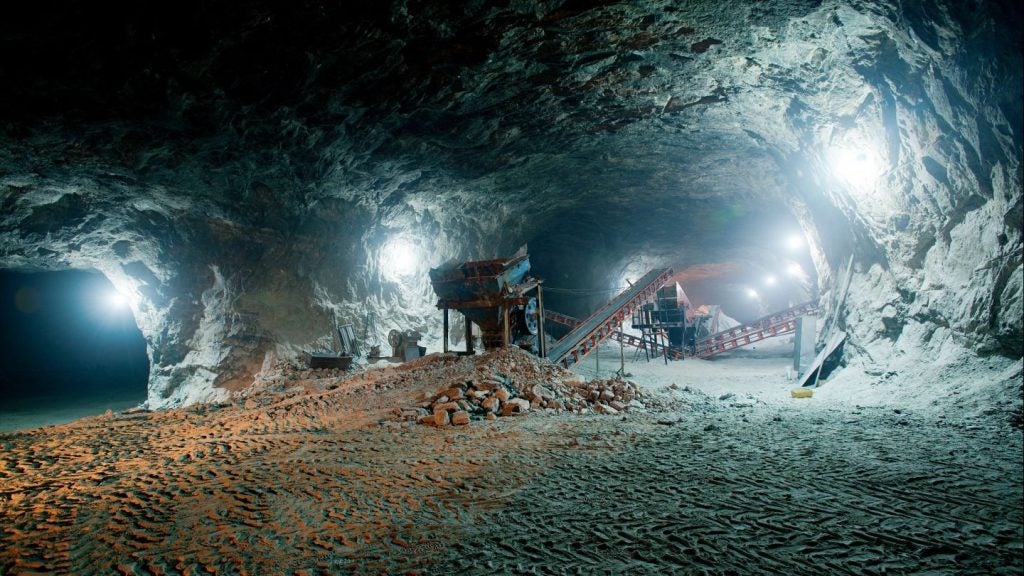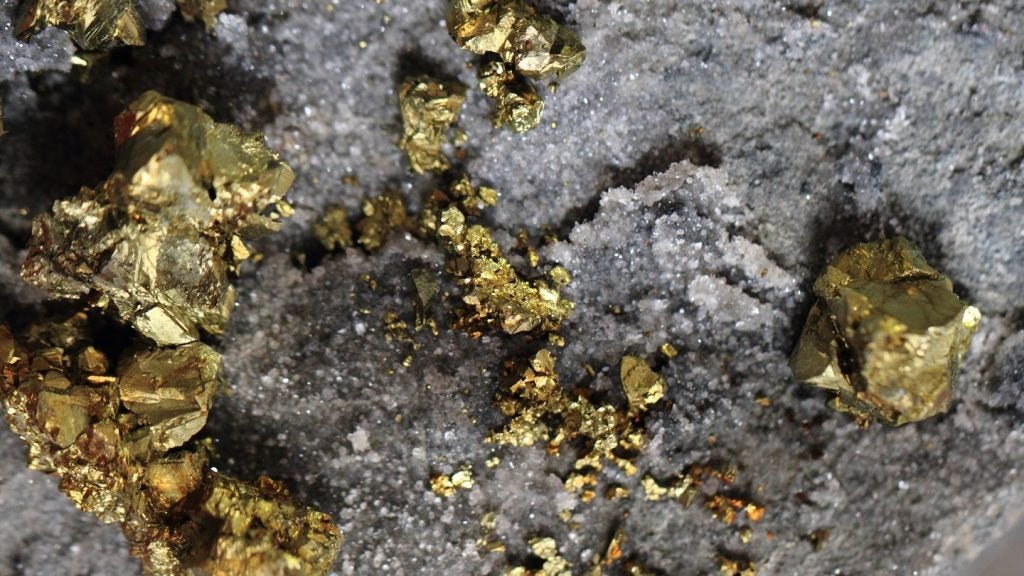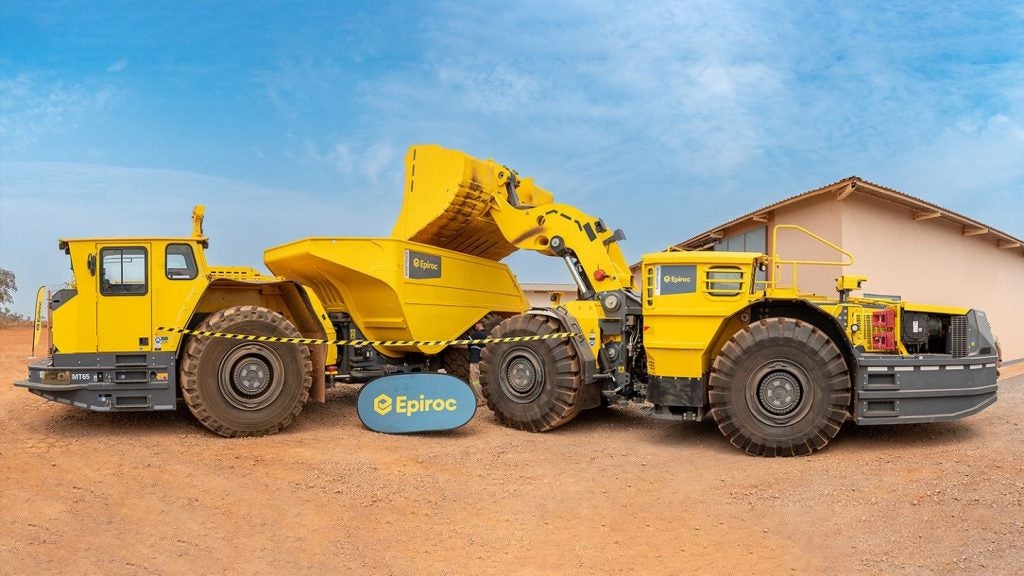At least three South African mining companies are considering bids to acquire the Khoemacau copper mine in Botswana, reported Reuters citing several sources with knowledge of the matter.
The entities competing for the copper and silver mine are Impala Platinum, Exxaro Resources and Sibanye Stillwater.
Sibanye spokesperson James Wellsted was quoted by the news agency as saying: "We are looking all the time for opportunities and Khoemacau came up on our radar and we have entered a non-disclosure agreement to try and understand the opportunity better.
"But Khoemacau is a bit more competitive and we are not going to enter a bidding war that ends up not creating value."
The latest move comes amid surging demand for copper, which is used in several applications from solar panels to electric cars.
According to three banking sources, the Khoemacau copper mine could be valued between $1.5bn and $2bn.
Several undisclosed investors from China are also considering purchasing the Khoemacau mine, which is said to host one of the largest copper deposits in Africa.
The Khoemacau mine is wholly owned by Cuprous Capital, a private company in which Cupric Canyon Capital owns an 88.1% stake and Resource Capital Fund VII owns 11.9%.
Cupric Canyon Capital is majority-owned by funds managed by Global Natural Resources Investments (GNRI).
One of the sources said that the mine owners are considering either the sale of the entire mine or a partnership.
Located in the Kalahari Copper Belt, the Khoemacau mine has a production capacity of 60,000tpa of copper and two million ounces of silver per year.


